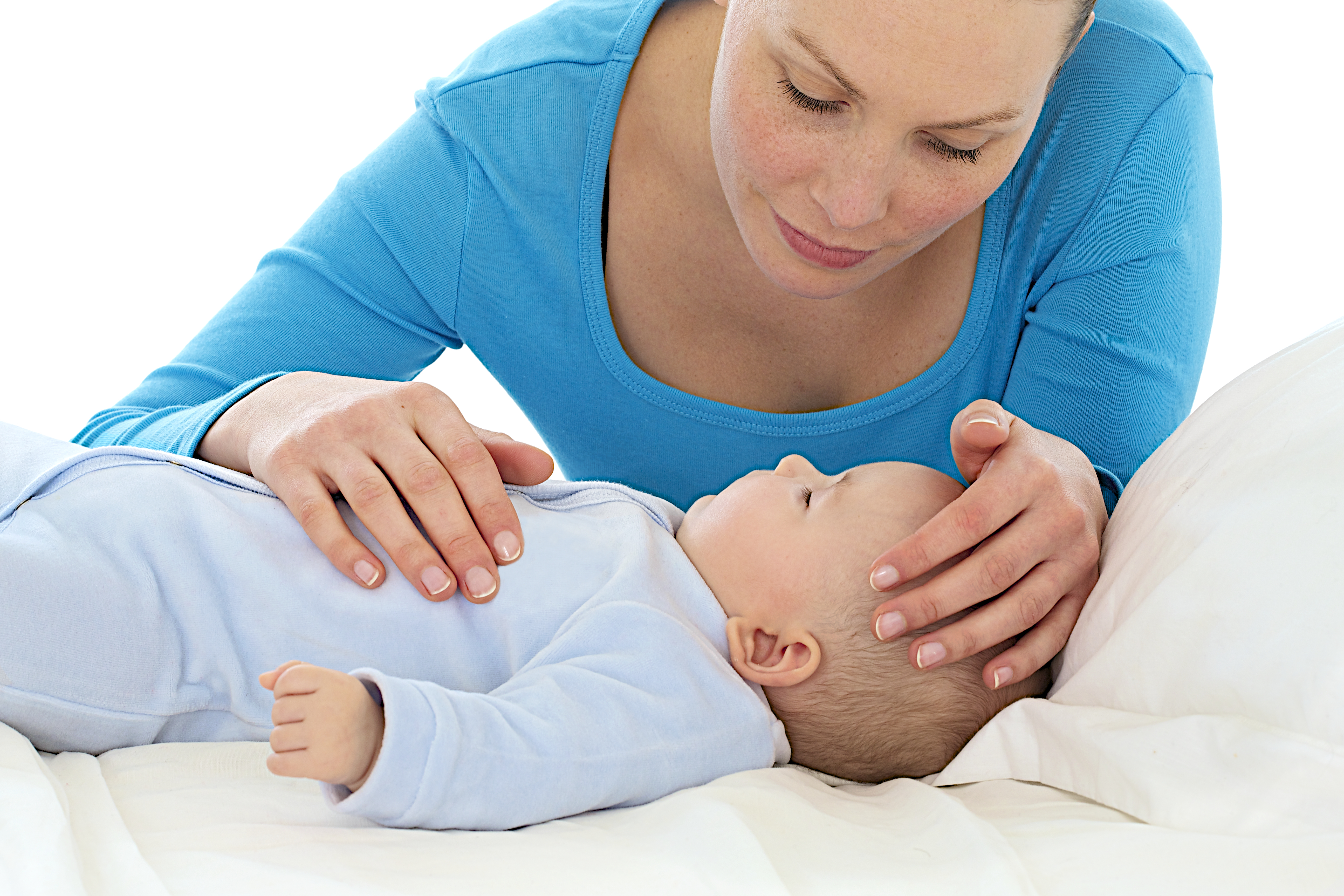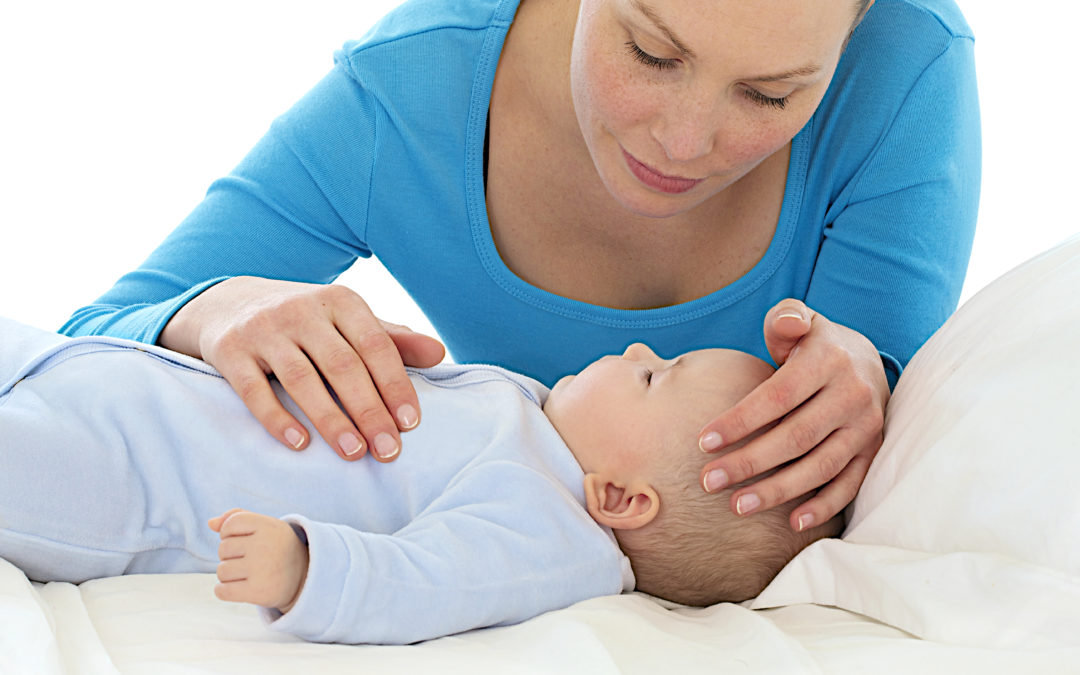
If you give birth to your new little one during the winter months, you’ve probably been warned by your baby’s pediatrician about RSV. Respiratory syncytial virus (RSV) is a common condition in both children and adults. The Center for Disease Control estimates that almost all children will be exposed to RSV by the age of two. Though older children and adults typically recover from RSV on their own with self-care, serious complications can develop in babies less than one that may require medical attention.
What is RSV?
Respiratory syncytial virus is a virus that affects the lungs and respiratory tract. The virus typically causes mild cold symptoms. Symptoms typically develop within four to six days of exposure. Most people recover from RSV within one to two weeks, though some symptoms, such as a mild cough or wheezing, could take several weeks to resolve.
Common RSV Symptoms
The first symptoms of RSV in your little one will be mild and may include:
- Nasal congestion
- Mild cough
- Runny nose
- Low-grade fever (less than 101 F)
- Wheezing
- Difficulty nursing or drinking out of a bottle
Treatment Options
If your baby has RSV, offer them plenty of fluids and rest. Your baby may want to eat more often for comfort or may feel less hungry. If your little one doesn’t want to nurse as often, it’s a good idea to pump in order to keep up your milk supply. It may be easier for your baby to drink the pumped milk or formula out of a cup if they are congested.
Babies who develop complications may require hospitalization, oxygen, intravenous fluids and medications in order to treat the secondary infection.
Complications
Babies who are less than one year of age and babies who were born prematurely have a weaker immune system than older children and adults. Because of this, RSV may move into the lower respiratory tract. This can cause bronchiolitis or pneumonia to develop. Signs that RSV has developed into a more severe infection include:
- Fever greater than 102 F
- Severe cough
- “Barking” cough
- Breathing faster than normal
- Wheezing
- Severe cough
- Lethargy (extreme tiredness)
- Bluish discoloration of the skin
- “Sinking in” of the chest under and in-between the bottom of ribs
- Flared nostrils during breathing
If your baby displays any of the symptoms of severe RSV, call a doctor or go to the emergency room immediately for treatment.
Preventing RSV
The virus is typically spread by someone who is infected with RSV through coughing or sneezing. An adult or older child who has the virus may kiss or touch your little one. There is no current vaccine to prevent RSV from occurring, so minimizing contact with people who are infected with the virus is critical.
Ask older children to wash their hands and change their clothes as soon as they come home from school. Wash your hands before feeding your little one and ask other adults to wash their hands and avoid touching your baby’s hands to prevent spreading germs. Children who are at risk of developing complications may be prescribed palivizumab by their pediatrician to prevent secondary infections from occurring.
If you choose to breastfeed, your breast milk will provide important antibodies that will strengthen your little one’s immune system. It’s important to continue to nurse your little one or pump breast milk even if you get a cold unless directed otherwise to do so by your doctor.
Though RSV is serious, taking precautions now may help prevent your little one from getting ill. Know that it’s okay to be “selfish” during cold and flu season by not letting strangers or ill family members touch your baby. Doing so can help keep your little one healthy and virus-free.


 Complete Our Simple Online Form
Complete Our Simple Online Form We’ll Handle All The Paperwork
We’ll Handle All The Paperwork Receive Your Free Ameda Pump
Receive Your Free Ameda Pump